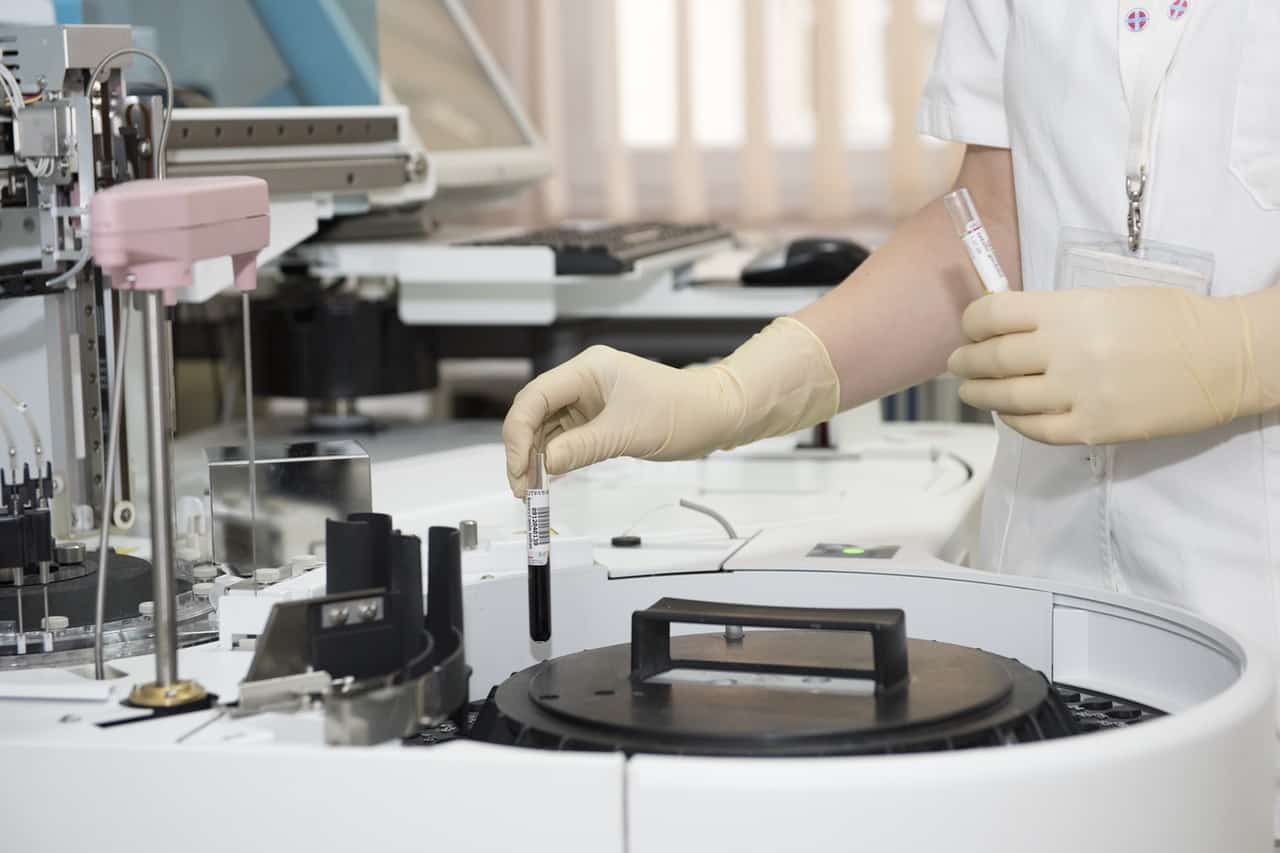The recent and ongoing controversy concerning the standard PSA (prostate-specific antigen) test and its less than desirable accuracy in detecting prostate cancer and resulting in unnecessary prostate biopsies have fueled the desire for a better way to detect prostate cancer. One possibility is ProstateCheck, an alternative to standard PSA testing, which its makers say can reduce the number of false results obtained from the PSA test (now estimated to be about 70%) by half. Unfortunately, ProstateCheck currently is available only in the United Kingdom.
What’s wrong and right with PSA?
It’s well accepted that there are problems with the PSA test. Briefly, the PSA screening test is not really a prostate cancer screening test; rather, it identifies levels of PSA, which can be elevated for a variety of reasons ranging from an enlarged prostate to prostatitis, recent sexual activity, riding a bicycle, or recent use of a catheter, among other factors.
In addition, many of the prostate cancers detected using a PSA test are low risk and may not need to be treated, in which case men may choose active surveillance. Yet about 40 percent of men who have low-risk prostate cancer who originally elected active surveillance change their minds and choose active treatment because they are so uncertain about the accuracy of the PSA test results. This anxiety leads to unnecessary prostate biopsies and other treatments, which in turn exposes men to avoidable side effects and complications.
On the other hand, the current PSA test can and does help in the identification of prostate cancer in some men. In such cases, identifying the cancer allows men to seek prompt treatment, and early treatment of prostate cancer significantly improves a man’s chances of survival.
In addition, about 9 percent of the estimated 800,000 prostate biopsies performed each year uncover prostatic intraepithelial neoplasia (PIN), a lesion in the prostate that is believed to be a precursor to prostate cancer in some men.
Clearly, however, there is a need for a more accurate way to screen for prostate cancer, and ProstateCheck appears to be a step in that direction.
ProstateCheck
ProstateCheck was invented by an international team of scientists from the United States, Sweden, and Finland. The test is available through ProstateHealthUK, a facility located in Cambridge and headed by Professor David Neal, Chair of Surgical Oncology at the University of Cambridge. The service offers the test in private clinics throughout the UK.
While the standard test measures levels of PSA, ProstateCheck considers three additional biomarkers: free PSA, intact PSA, and human glandular kallikrein 2 (hK2), which is a newly patented factor. When the relationship among all four biomarkers is evaluated, the findings provide clinicians with a more accurate idea of a man’s need for a prostate biopsy. According to ProstateHealthUK, “detecting the additional hK2 biomarker increases the accuracy of the results thus reducing the risk of unnecessary biopsies.”
Men who choose ProstateCheck receive their test results one to two weeks after providing their blood sample. If the results suggest a man is at high risk for prostate cancer, he is referred to his general practitioner or a consultant urologist. The findings also inform men who have an elevated PSA about their chances of developing a high grade tumor which, the company notes “will help clinicians to reduce the number of unnecessary biopsies by 30-50%.”
Currently, it is not known if or when ProstateCheck will be available in the United States or other parts of the world.
Read more in our Prostate Cancer Health Center.







